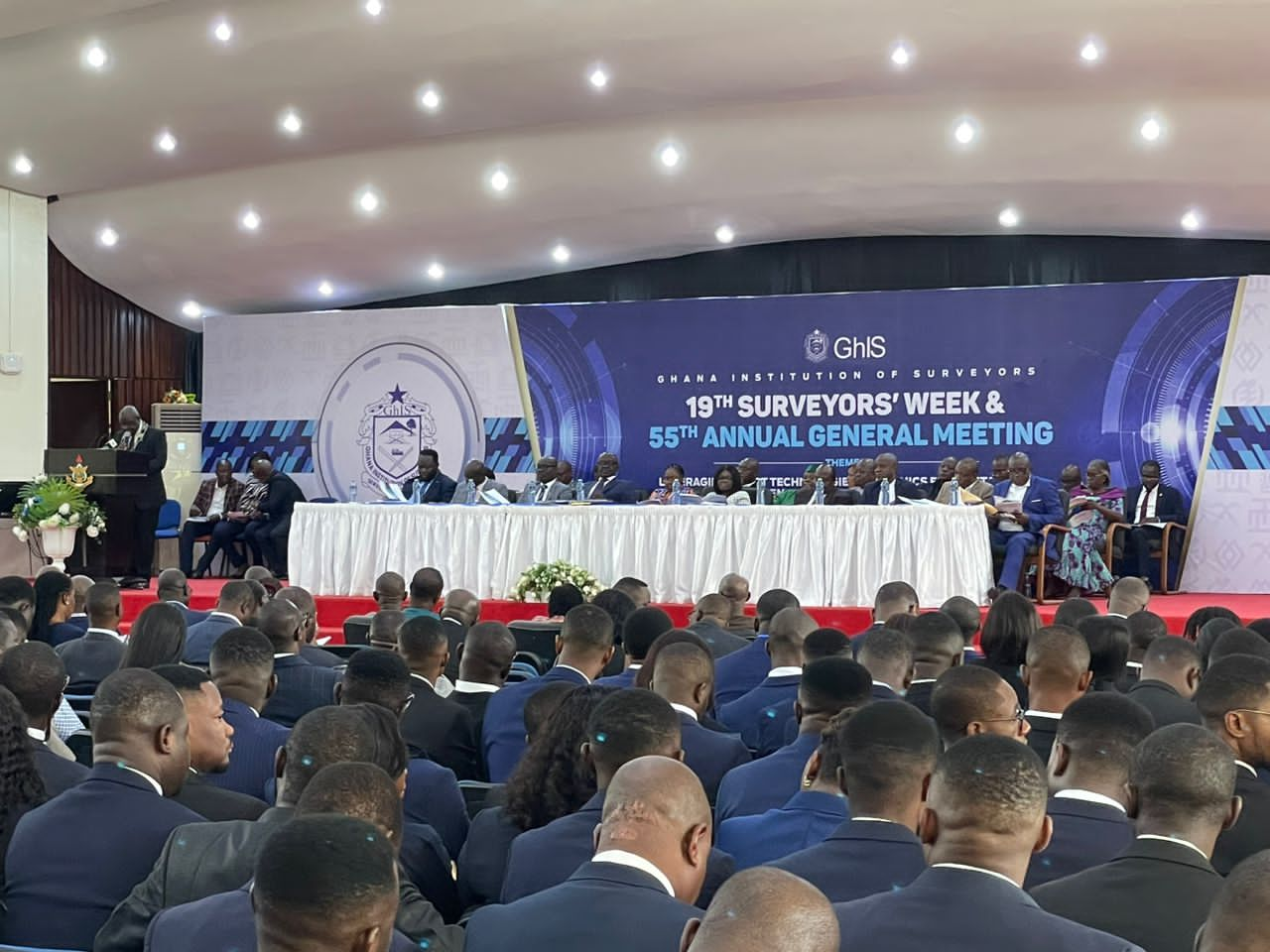
As Ghana prepares to submit its cryptocurrency licensing bill to parliament in September 2025, Binance emphasises the importance of clear, balanced regulation for the country’s rapidly growing digital asset sector. Last year, Ghanaian platforms processed over $3 billion in crypto transactions, underscoring the need for oversight that protects users without stifling innovation. The proposed bill is expected to introduce requirements for exchanges and wallet providers, including registration, minimum capital thresholds, and reporting of suspicious transactions, all aimed at providing clarity and trust in a rapidly growing market.
“Ghana has a real opportunity to design rules that safeguard the market while supporting local startups and responsible growth across the digital economy,” said Larry Cooke, Africa Head of Legal at Binance. “Engaging all stakeholders ensures adoption is driven through education and real-world use cases. Clear guidance allows both local entrepreneurs and global players to participate confidently in building the country’s digital asset ecosystem.”
Binance stresses that regulatory frameworks must reflect the diversity of market participants. Established global exchanges bring robust compliance systems, while emerging Ghanaian platforms often operate with limited resources. Licensing requirements and capital thresholds should be proportionate, ensuring that local fintech startups, a critical component of Ghana’s innovation ecosystem, are not inadvertently excluded. By accounting for these nuances, regulators can strike a balance between protecting consumers and enabling economic growth.
Drawing on experience in other African markets, Binance has actively engaged with regulators to help shape practical frameworks. In Kenya, the company worked closely with policymakers during the drafting of the Virtual Asset Service Providers (VASP) Bill, providing guidance on user protection, financial education, and proportional licensing requirements. This collaborative approach has become a model for Binance’s engagement across Africa, emphasizing dialogue, education, and practical solutions.
Ahead of Ghana’s bill submission, Binance hosted a community-focused event in Accra, bringing together digital asset enthusiasts, local entrepreneurs, and industry stakeholders. Participants explored cryptocurrency fundamentals, exchanged insights, and engaged directly with Binance experts. Interactive sessions and networking opportunities encouraged learning and dialogue, strengthening ties between the community and the industry.
Complementing the community event, Binance also organised a policy mixer with regulators, providing a platform for open discussion between industry leaders and Ghanaian authorities. The session facilitated candid conversations on licensing, compliance, and the potential impact of regulation on innovation, reinforcing Binance’s commitment to collaboration and knowledge-sharing between the private sector and policymakers.
These engagements demonstrated Binance’s approach to fostering responsible crypto adoption. Attendees gained insights into safe investment practices, long-term strategies, and how digital assets can be integrated into everyday financial activity. By combining educational content, direct dialogue with regulators, and interactive experiences, Binance highlighted how adoption can be both safe and inclusive for the wider community.
Industry stakeholders in Ghana have highlighted key considerations, including taxation, license passporting for exchanges already regulated in other jurisdictions, proportional penalties, local incentivization, and the risk of overregulation in a nascent market. Binance encourages a framework that is context-aware, flexible, and forward-looking, ensuring that Ghana does not only catch up with global trends but also actively shapes its digital asset economy.
“Ghana is a very mature African economy, and its regulators and policymakers understand the need to act swiftly but still safely,” Cooke added. “Open engagement with all stakeholders ensures that adoption is sustainable, responsible, and beneficial for the wider population.”
As Ghana finalises its cryptocurrency licensing bill, Binance remains committed to supporting regulators and the broader community. By combining regulatory guidance, lessons from other African markets like Kenya, community engagement, and direct dialogue with policymakers, Binance advocates for policies that enable innovation, build trust, and foster sustainable growth — positioning Ghana as a leading hub for digital assets in Africa.
Nii Tetteh Quaye is a fintech journalist and policy commentator specialising in cryptocurrency regulation and digital finance in West Africa. Known for his balanced, insight-driven analysis, he explores how innovation and regulation can coexist to drive financial inclusion and economic growth. His work bridges the perspectives of policymakers, industry leaders, and startups, making him a trusted voice in the region’s evolving digital economy.
By Nii Tetteh Quaye
Read Full Story





















Facebook
Twitter
Pinterest
Instagram
Google+
YouTube
LinkedIn
RSS